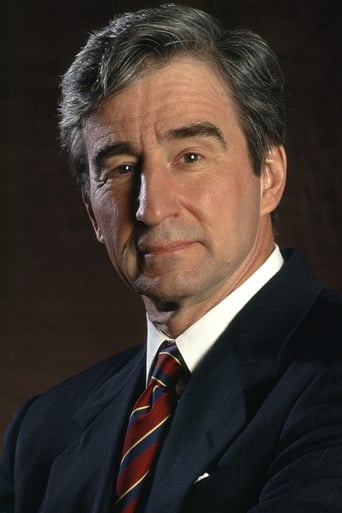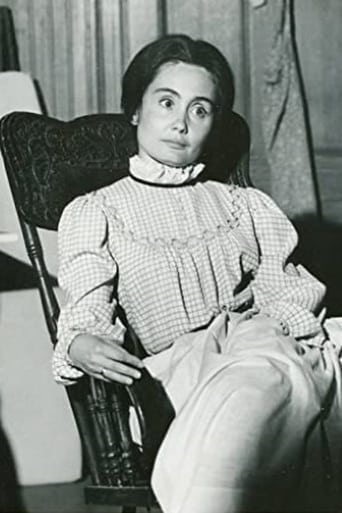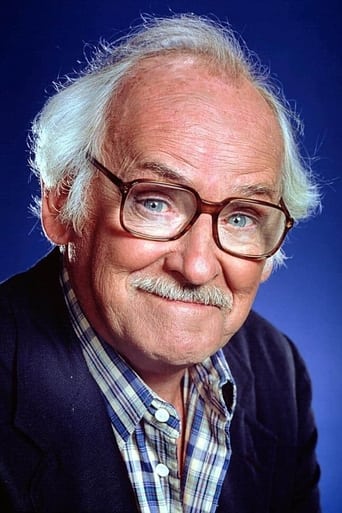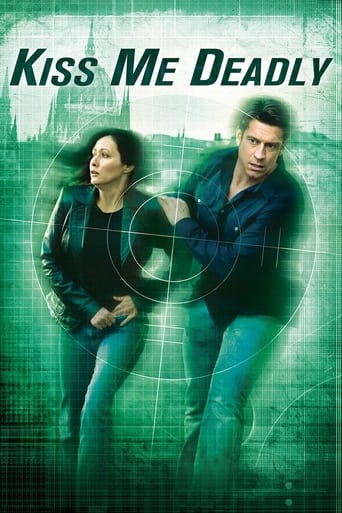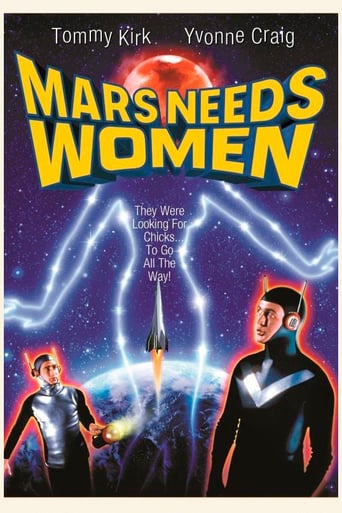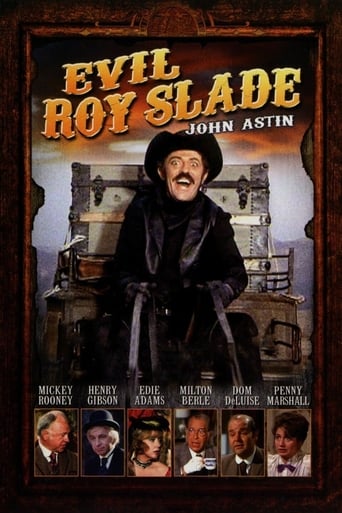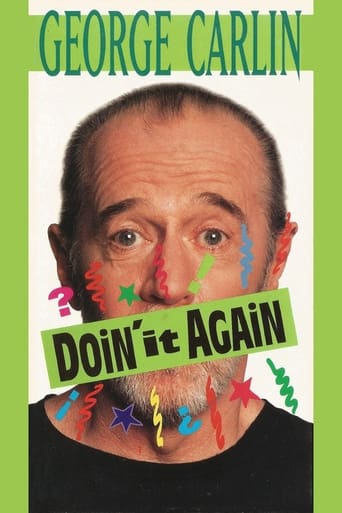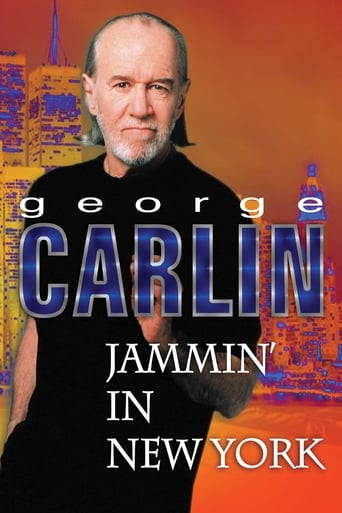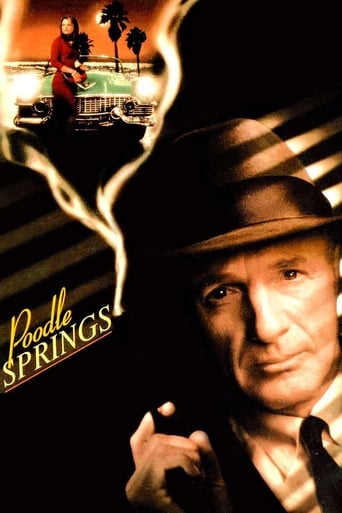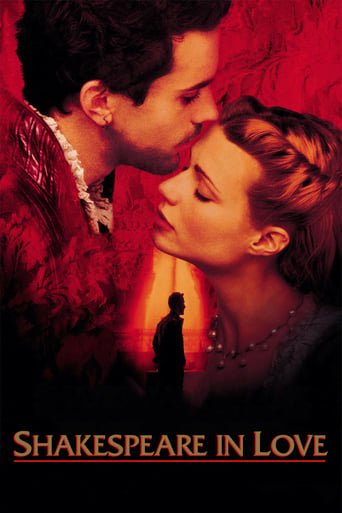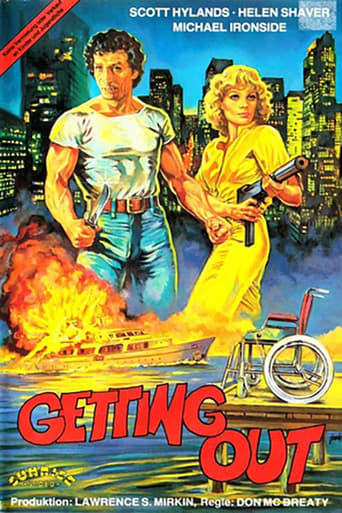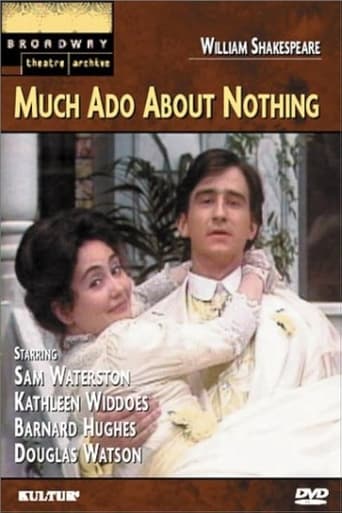
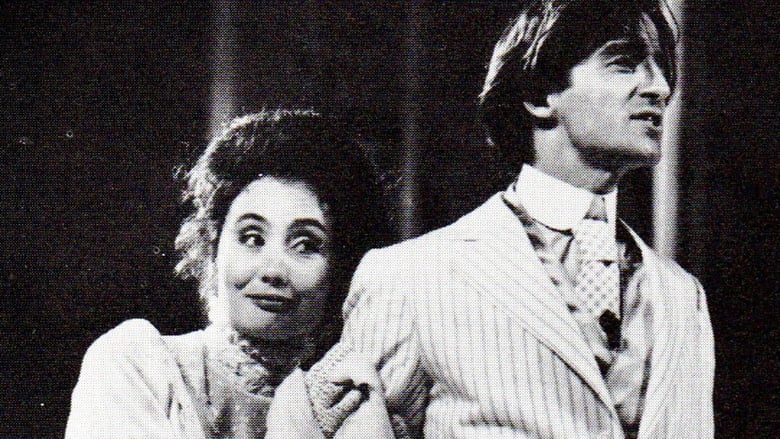
Much Ado About Nothing (1973)
Don Pedro and his men (Teddy Roosevelt Roughriders) have returned from the wars. After Beatrice turns down his proposal, Don Pedro decides to matchmake her with Benedick (her former boyfriend), but she being an independent-minded, bicycle-riding Suffragette type, it's going to take a bit of trickery.
Watch Trailer
Cast


Similar titles
Reviews
Please don't spend money on this.
This is one of the few movies I've ever seen where the whole audience broke into spontaneous, loud applause a third of the way in.
Easily the biggest piece of Right wing non sense propaganda I ever saw.
Each character in this movie — down to the smallest one — is an individual rather than a type, prone to spontaneous changes of mood and sometimes amusing outbursts of pettiness or ill humor.
I've seen quite a few productions of Much Ado, both on film/TV and on stage and I must say this Joseph Papp production with Sam Waterston and Kathleen Widdoes is my absolute favorite. The time period is perfect. And they really used the period and the setting extremely well. Using the Spanish American war as inspiration was...inspiring. Beatrice is both strong and feminine. I think my favorite part is when Beatrice is eavesdropping in the conservatory and the sprinklers come on. While shot on a set, you can still see the roots this production had as a stage play. But that isn't lost when it's brought to the screen. The setting allows for more flexibility in shooting angles and close-ups, but you still get a sense of the intimacy of a stage production. I say "bully!" Two thumbs up.
MUCH ADO ABOUT NOTHING is considered by Shakespearean Scholars to be one of three plays call the "Joyous Comedies". The other two are AS YOU LIKE IT and TWELFTH NIGHT, and the subject of them is either joy of living or love. They are considered a high point in Shakespeare's development as an artist on par with his dramatic height in his tragedies of the same period (HAMLET, MACBETH, OTHELLO, KING LEAR). And yet, while college courses spend time teaching TWELFTH NIGHT and MUCH ADO and AS YOU LIKE IT to the public, most people who like theater think that Shakespeare's best comedy was the earlier A MIDSUMMER'S NIGHT'S DREAM. TWELFTH NIGHT is revived more frequently than the other two joyous comedies, but A COMEDY OF ERRORS or THE TAMING OF THE SHREW (politically incorrect as the latter is now) are more popular.The problem with MUCH ADO is that it's great wit is hidden by the style of Shakespeare's writing. He was always mixing styles of humor, from low types like Bottom to the height of witty conceits. The early Shakespeare, like his contemporaries, was impressed by John Lily's EUPHUES, an early comedy of puns and word plays. Shakespeare, of course, could knock this off quickly - but the problem of dealing with this is that (except for those lines based on sexual punning) most of his references are so obscure that one needs some type of guide to explain them. This is particularly the case when dealing with Beatrice and Benedict and their wit duels. Most audiences these days can't follow them too well. So the presentation of the amusement has to beef up that portion.This particular production was produced by Joseph Papp in 1973, and I was lucky enough to see it when my college offered it as a free trip to the city. As I had a Shakespeare course at the time, it fit in well.The cast was made up of New York theater and television figures. Today, the actor playing Benedict (Sam Waterston) is the best known (as is F. Murray Abraham, here in a minor part), because Waterston is A.D.A. McCoy on LAW AND ORDER, and Abraham is an Oscar winner and a star of Broadway productions (ironically in another Shakespeare "comedy" right now: THE MERCHANT OF VENICE). But in 1973 the soap opera performers Douglass Watson and Kathleen Widdowes (as Don Pedro and Beatrice) were better known to local audiences, and Bernard Hughes (as Constable Dogberry) was developing a prominence in television and the movies (his best known film role was as the deadly avenging patient in Patty Chayevski's THE HOSPITAL (1971)). The production made sure that the story (originally in an Italian principality in the Rennaisance) was reset in the U.S. during the aftermath of the Spanish American War.The production had it's rewards. Little bits of business stick to the mind - like Widdowes and her girlfriends stealing puffs from a regular tobacco cigarette in 1900 (something unheard of among good young ladies - but Beatrice, after all, is somewhat daring. Waterston, going canoing and paddling backward (the canoe was on a turntable on stage), getting out, and then hiding behind the upright canoe, as though it is leaning against a tree (and it is not fooling the other actors on stage). But best in the production was Hughes as the impossibly dense policeman, who has a "Keystone Kop" force to assist him in seeking out the criminals. Up to his last line, when he announces he has captured the ringleader and has put his hands in a pair of MONACLES (not manacles) Hughes acted like he was Ford Sterling returned to life. Note should also be taken of the late Jerry Mayer as the bad natured Don Juan, who when thwarted in one evil plot at the start gave one of the funniest hissy fits on record.Most of these items were in the film version as they were on the stage. The production was a good one, though nothing remarkable. I would recommend seeing the video of the production, to enable one to see a good cast at work in an interesting concept for the production. But if one wants to understand the verbal jousting of the two lovers, read the play and follow the glossary of terms that are included.
Admittedly I saw this when I was a teen, and haven't seen it since, but my recollection is of a bright, sprightly, and interesting version of Much Ado, set in the time of the Spanish-American war. So maybe this is a good version for those who aren't Shakespeare snobs or so jaded with Shakespeare that most versions fail to satisfy. I remembered Sam Waterston as Benedict for decades when the only other time I saw him on film was as the rather colorless narrator in Great Gatsby, and was happy to see him appear as a major character on Law and Order. Much Ado is my favorite Shakespeare comedy, and I saw an excellent production of it in London the year after this version was shown on TV, so I hardly think it could have been too lacking in overall quality or it wouldn't have held such a place in my memory.
Of course, if one spends millions on a sumptuous and largely irrelevant setting for any Shakespearean comedy, the result will look livelier than a photographed stage production of the same story will look. But the comments made by too-young and untrained reviewers about this well-liked and interesting production of Shakespeare's best-liked comedy certainly need to be considered from the standpoint of their lack of context for judging classical-speech works. To begin with, this production I assert works much better than the badly-acted recent Kenneth Branagh version in most respects. It is unpretentious, the costumes and sets are unobtrusively attractive and quietly colorful; and some of the acting is very good indeed; at least most of those reading classical lines in the play can read them to some degree. This allows the viewer to concentrate on the meaning of what is being said and not on untrained actors' attempts to utter the classical line readings. This version happily preserves on film here, with some imaginative use of camera angles, the play that was staged in New York by Joseph Papp, and it has been directed by A.J. Antoon and Nick Havinga with no sense I can find of repetitious or uninspired line-readings. Much of it still looks like a stage play; but a trained listener can certainly enjoy this interesting attempt at recapturing the meaning of the Renaissance original work. Some critics have used the word "nothing" as if it were pronounced "noting" in relation to this famous work--i.e. people watching one another, spying on one another, commenting upon one another etc. This is perhaps a permissible approach. What this production is about I suggest is FUN. The interpretation here is that people are being victimized, but that there is enough native good in people to defeat villainy eventually. The story, for those who have slept in a closet for the last four hundred years, concerns the return from the wars of a unit among whose soldiers is Benedick. They are greeted by ladies including Beatrice, his continual tormentor and verbal sparring partner. The troop's leader swears that he fought bravely and refuses to quarrel with Beatrice. The leader, Don Pedro, is also greeted by his dour brother on his return, Don John, who professes desire for a reconciliation despite past differences. The subsequent events of the narrative involve young Claudio falling in love with the lady Hero; then a plot is hatched by the villains to slander the lady's name. When the abused Claudio accuses her of sexual misconduct, the ladies design to feign that she is dead, to win time to find out who has lied and win sympathy for her. A funeral is held, and Benedick is told by Don Pedro that Beatrice loves him. He vows to help clear Hero's name, and the two, against their wills, find that when they are not quarreling, they are attracted to one another very strongly. The mystery is unraveled, the villains caught and sentenced to appropriate punishment. And the viewer is also treated to the antics of the city's Elizabethan-style comedic watchmen, a group led by Dogberry, a fine malaprop-spouting creation, and followed by equally inept fellow guardians of the public safety. For this charming and well-paced production, Peter Link wrote some pleasant music. But the great strength of the work, contrary to the surrealistic postmodern reviews of the work, is the towering performances by Kathleen Widdoes as Beatrice and Barnard Hughes as Dogberry. Her performance is so natural, so nuanced and so intelligent, it throws much of the rest of the under-funded proceedings into secondary importance. What she grasped about the part I suggest is that Beatrice is a person, and that her quarrel is with the posturing of the Euro-style superiority-believing men as 'males', and with the naturally merry Benedick in particular. The young people act acceptably; F. Murray Abraham, Betty Henritze as Ursula and Douglass Watson as Leonardo are particularly good also. Sam Waterston is bright, likable and as effective as Benedick as his less-than-classical accent permits; he won many admirers by the personal grace of his work in the piece; at the time it was first aired, he was not well-known. This unpretentious staging is I find so much more enjoyable than the noisy, ill-accented later British effort there is literally no comparison between the two. There are defects in this photographed stage-play as "cinema"; but I watch it whenever I can, because it is charming, stylish and I suggest very-well-thought-out. And Kathleen Widdoes I judge to be lovely and award-caliber as the before-her-time feminist Beatrice, by any adult's standards.


